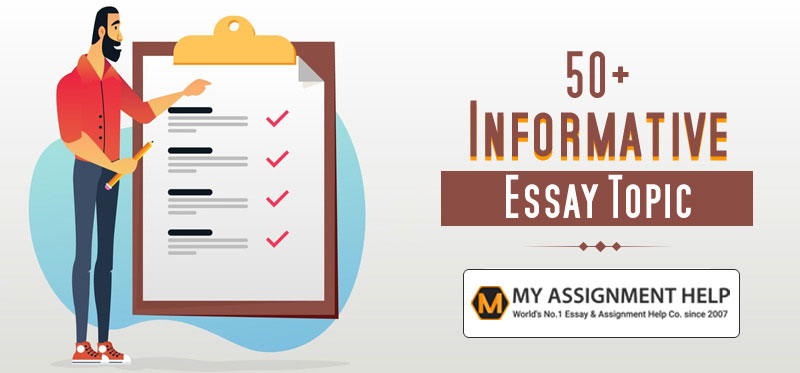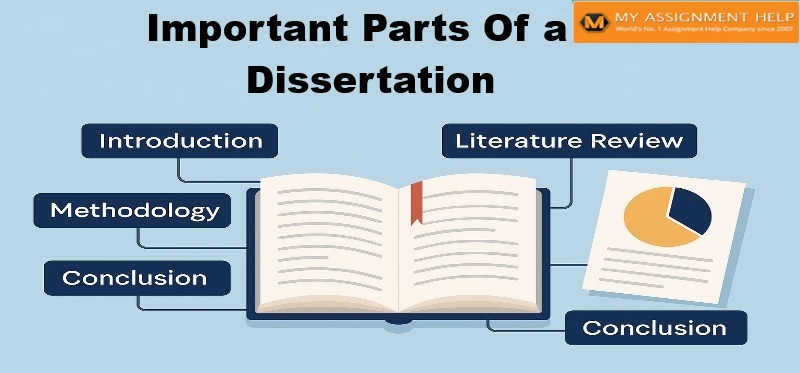1. Define and critically discuss the problem/issues to be addressed and evaluated in a business scenario/case study context
2. Critically identify and discuss the theory, principles, contexts, techniques and functions of case study analysis methodology and application and their contribution to the development of business success
3. Understand and critically comprehend and evaluate the relationship between case study analysis, business project development opportunities and the formulation of business proposals and related business decision making
4. Critically develop a business development proposal which is based on benchmarked case study analysis and evaluation and which is contextualised by the students’ career aspirations
Select one case study from the cases provided on your student Portal, and identify the problems, issues and challenges faced by that firm. For your chosen case study, as an individual you need to select the specific problems faced and complete an analysis structured as below.
Proposed plan of analysis
Relevant literature review-Identify resources/ techniques helpful for analyzing the case study. (Explain and evaluate the concepts, theories, models, research relevant to the case)
An assessment of the current positions facing your chosen company. (Derived from applying the principles and practices of the concepts, theories and models referred to and discussed in chapter 3)Integrated assessment of the analysis - generate ideas or alternative solutions to the problems and issues. Choose a “best fit” solution from the options
Decide on an action plan of Limitations of the study, scope for further research
Please note the following when completing your written assignment:
1.Writing: Written in English in an appropriate business/academic style
2.Focus: Focus only on the tasks set in the assignment.
3.Document format: Report
4.Ensure a clear title, course, and name or ID number is on a cover sheet and a reference using Harvard referencing throughout is also provided.
5.Research: Research should use reliable and relevant sources of information e.g. academic books and journals that have been peer reviewed. The research should be extensive.
1. Research-informed Literature
Extent of research and/or own reading, selection of credible sources, application of appropriate referencing conventions.
2. Knowledge and Understanding of Subject
Narrowing down the right dissertation topic from a broad field like accounting can be a challenging
Statistics is the science of collecting, analyzing, and interpreting data. Whether you’re in high
Have you found yourself struggling to gather interesting ideas for an informative essay? The pressu
Get Writing Help On Every Important Part Of Dissertation.
Did you miss an important part of  100+ Accounting Dissertation Topics for Students
100+ Accounting Dissertation Topics for Students
 100+ Unique Statistics Project Ideas for Students
100+ Unique Statistics Project Ideas for Students
 Informative Essay Topics - Latest Writing Ideas for Your Paper
Informative Essay Topics - Latest Writing Ideas for Your Paper
 Important Part of Dissertation
Important Part of Dissertation